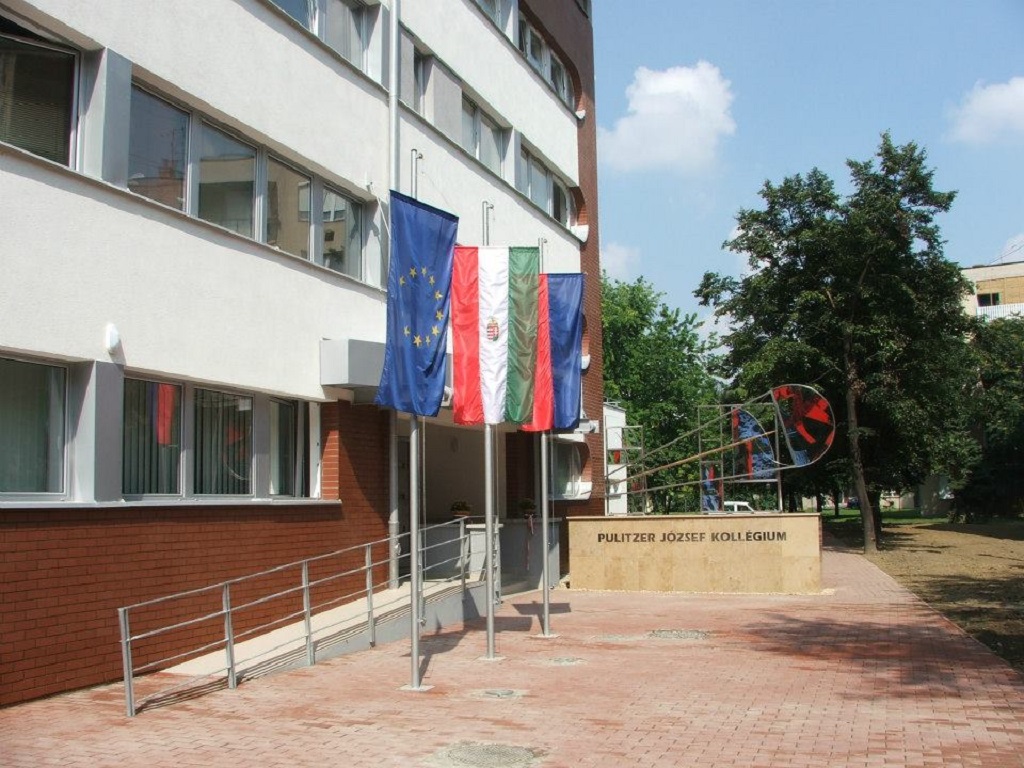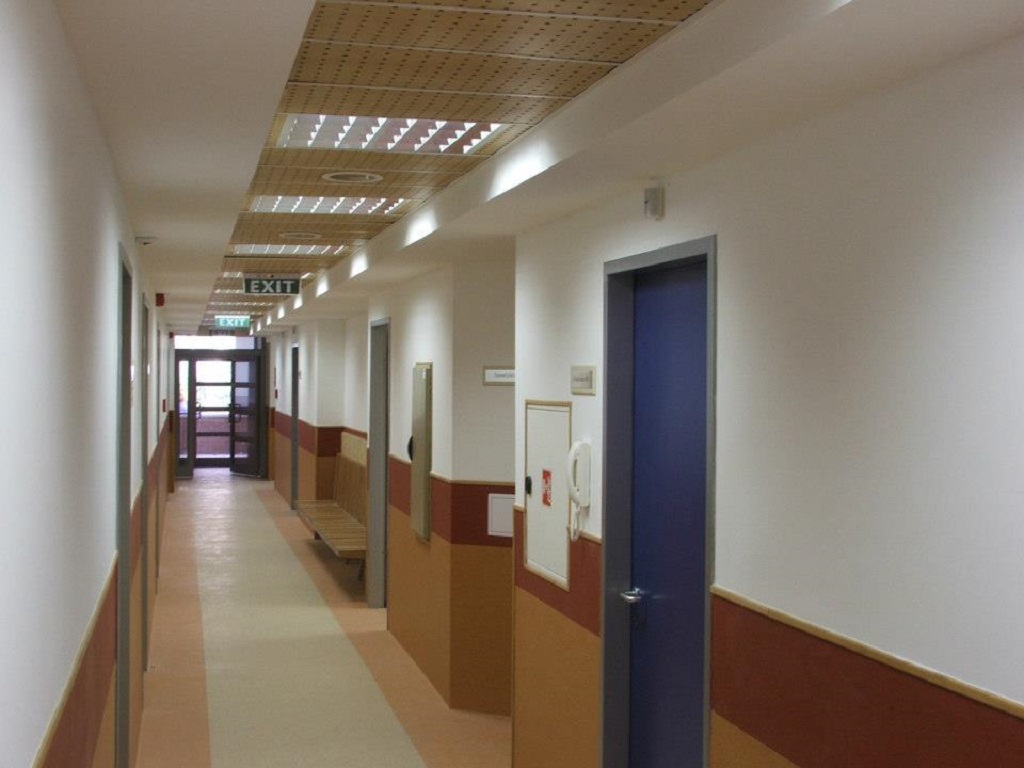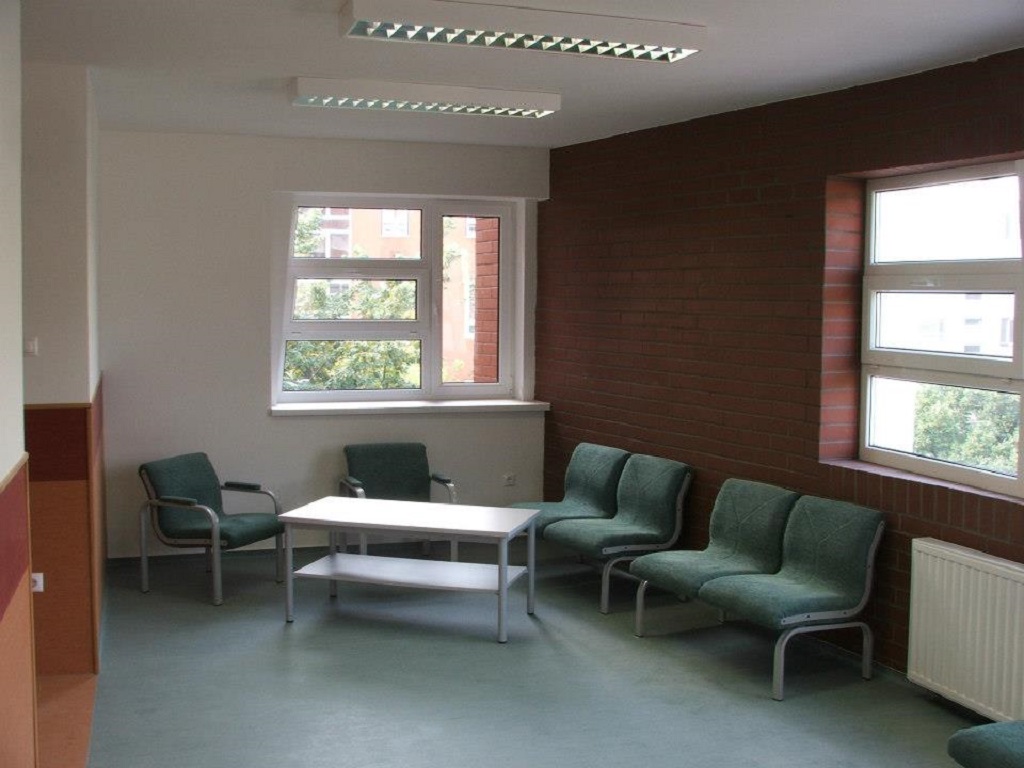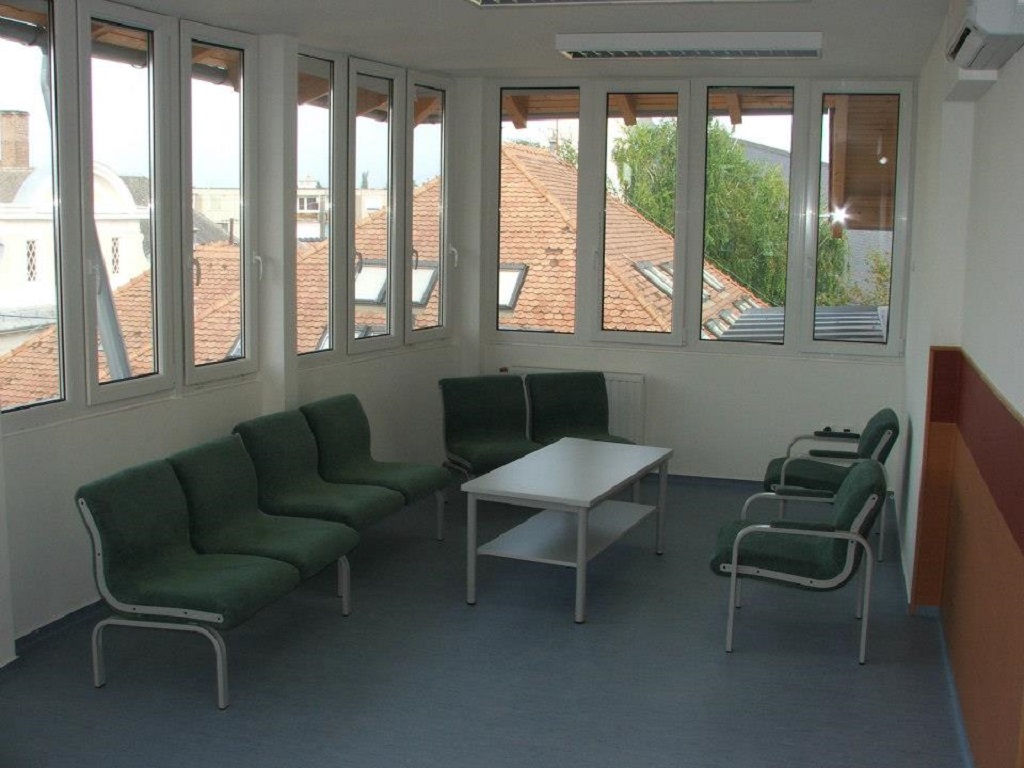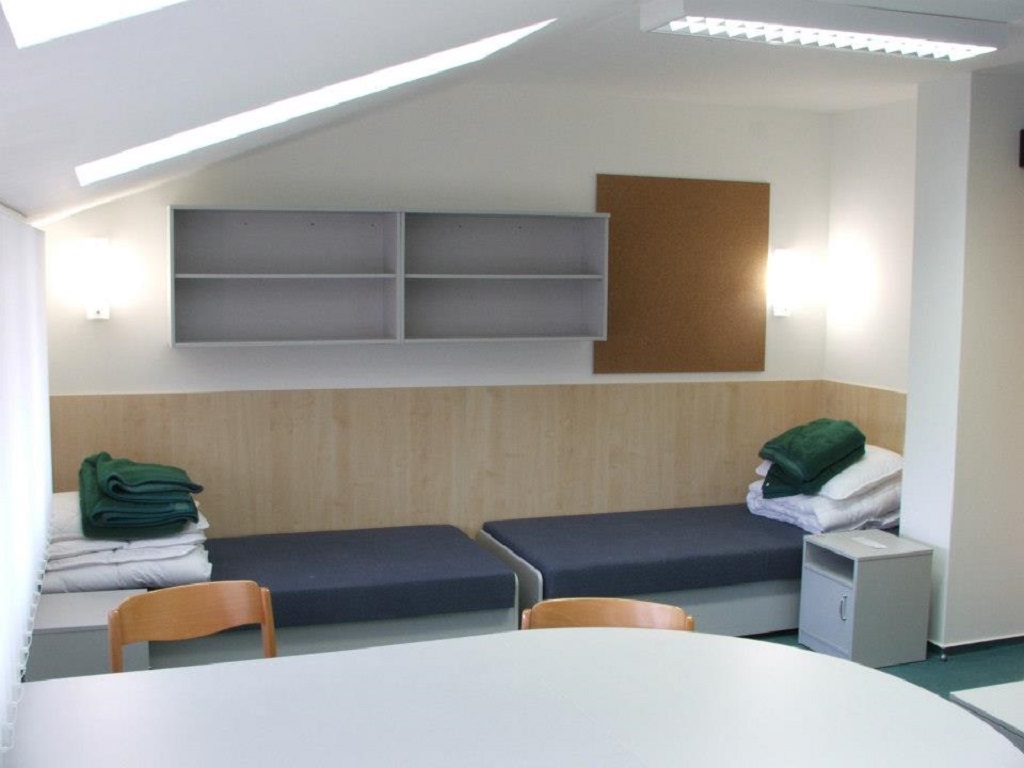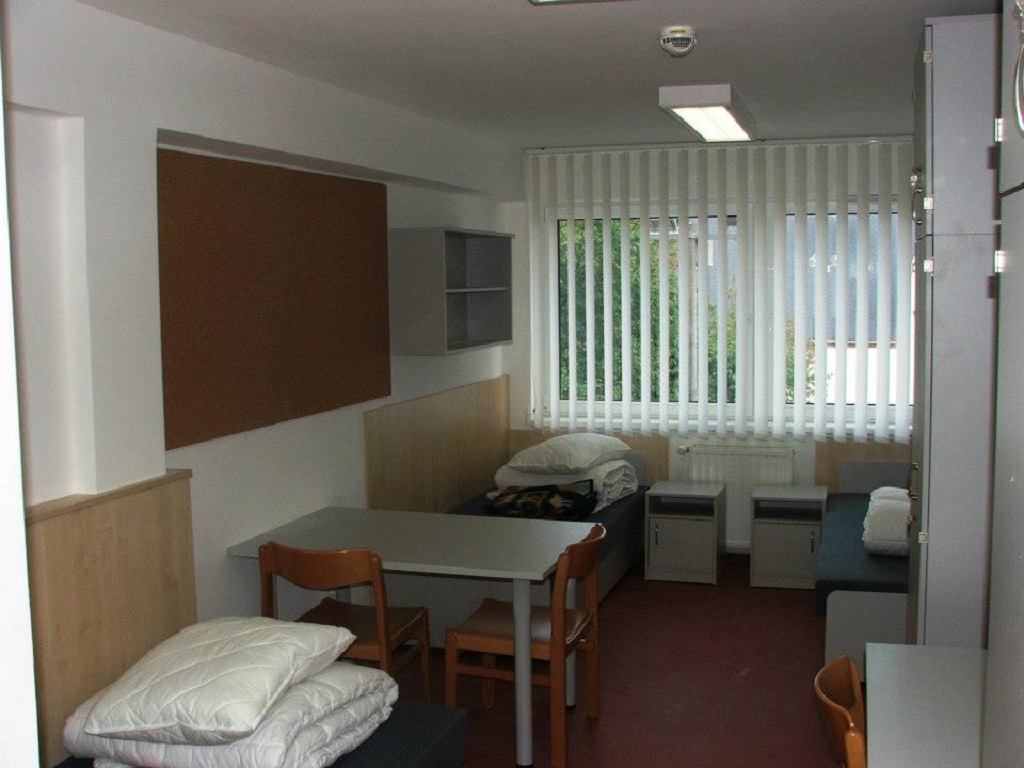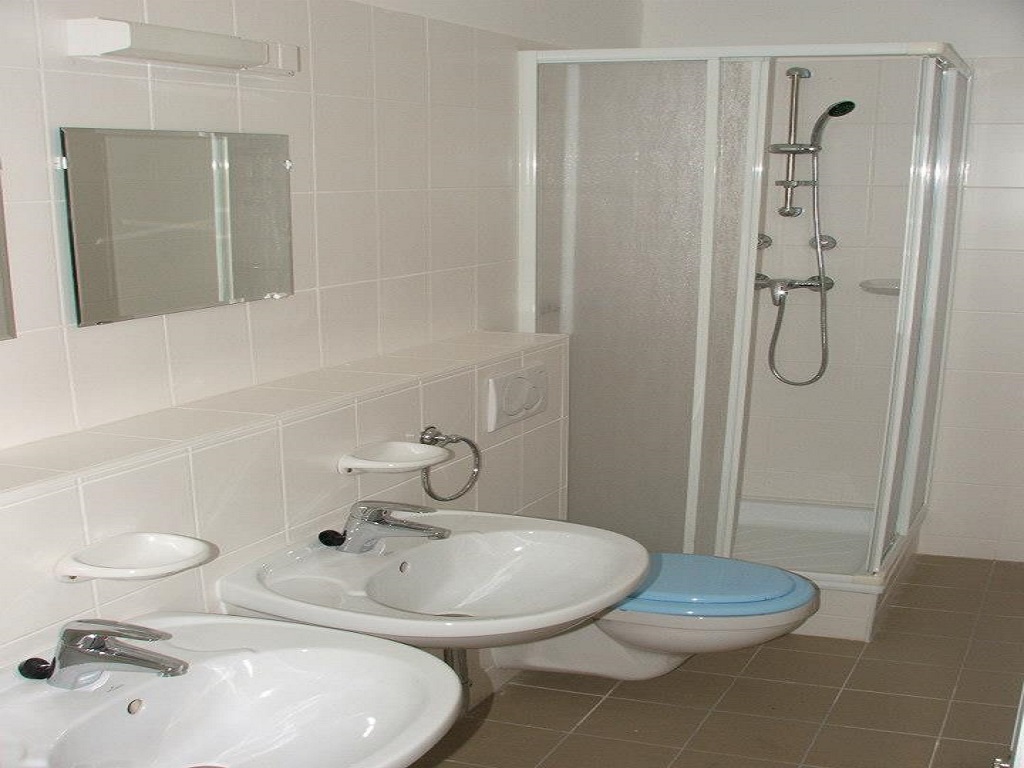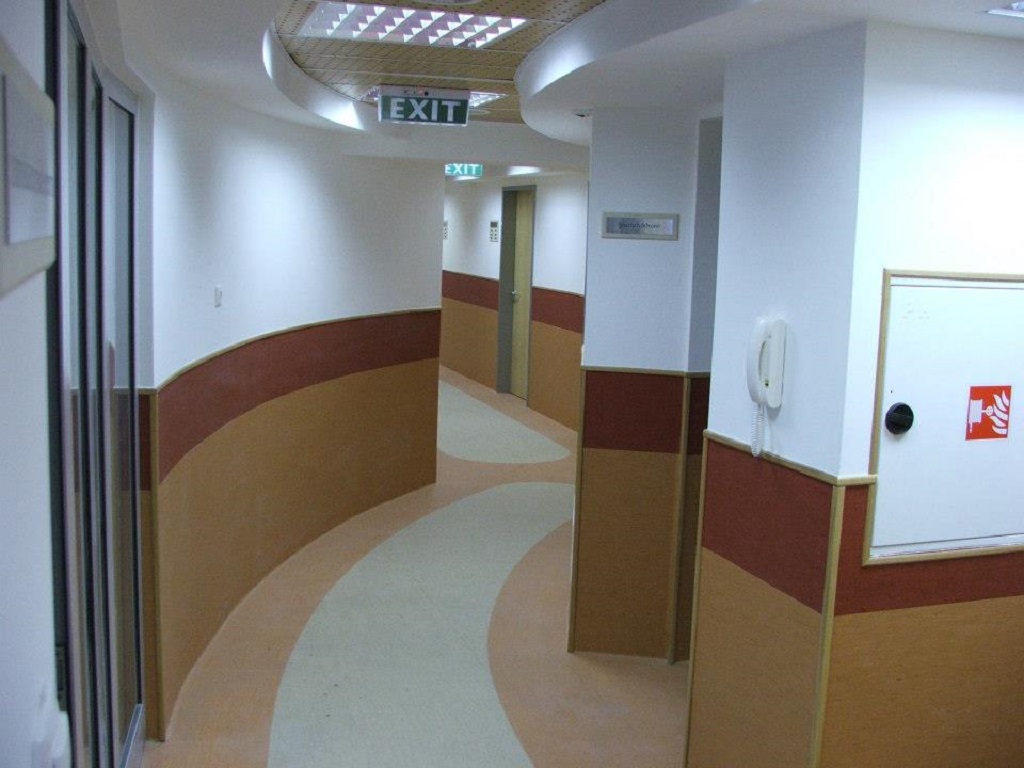Festival Centre – Pulitzer József Hostel – Makó, Hunyadi street 10.
The festival centre can be found in the centre of Makó town, it is a 4-floor building, it has 88 rooms, it is available for altogether 225 persons. There is an elevator in the building, so it is easy to go to the upper floors as well. The rooms are 2-3-4-bedrooms. Every room has an own shower, toilet and a small fridge. The festival center functions as a 3-star tourist accommodation in Makó.
Makó is a town in Csongrád County, in southeastern Hungary, 10 km from the Romanian border, it lies on the Maros River. Makó is the fourth-largest town in Csongrád County after Szeged, Hódmezővásárhely and Szentes. The town is 200 km from Budapest. The town is noted for its onion which is a hungarikum, clarification needed the spa and the thermal bath.
The economy is based on agriculture. The town is noted for its production of onions and garlic. Both the climate and the soil structure make the town and its surroundings an ideal place for onion farming. Onions have been cultivated in the region since the 16th century. The first records of significant garlic production date to the late 18th century. International recognition of the garlic grown in Makó has been widespread since the Vienna Expo in 1873 and the Brussels Expo in 1888. Noted Hungarian people were born or have lived in Makó. Perhaps the most prominent is the American publisher and journalist, Pulitzer Joseph, who was born to a Jewish family here on April 18, 1847. Emigrating to the United States when young, he developed as a publisher, owning and operating two newspapers in the United States: in Saint Louis, Missouri and New York City; bequeathed funds to Columbia University to establish its school of journalism, and endowed the Pulitzer Prizes in journalism and photography, as well as literature, art and music. Makó and the surrounding region get the most sunshine in Hungary, about 85-90 sunny days a year. The sun shines more than 2100 hours a year in Makó.


